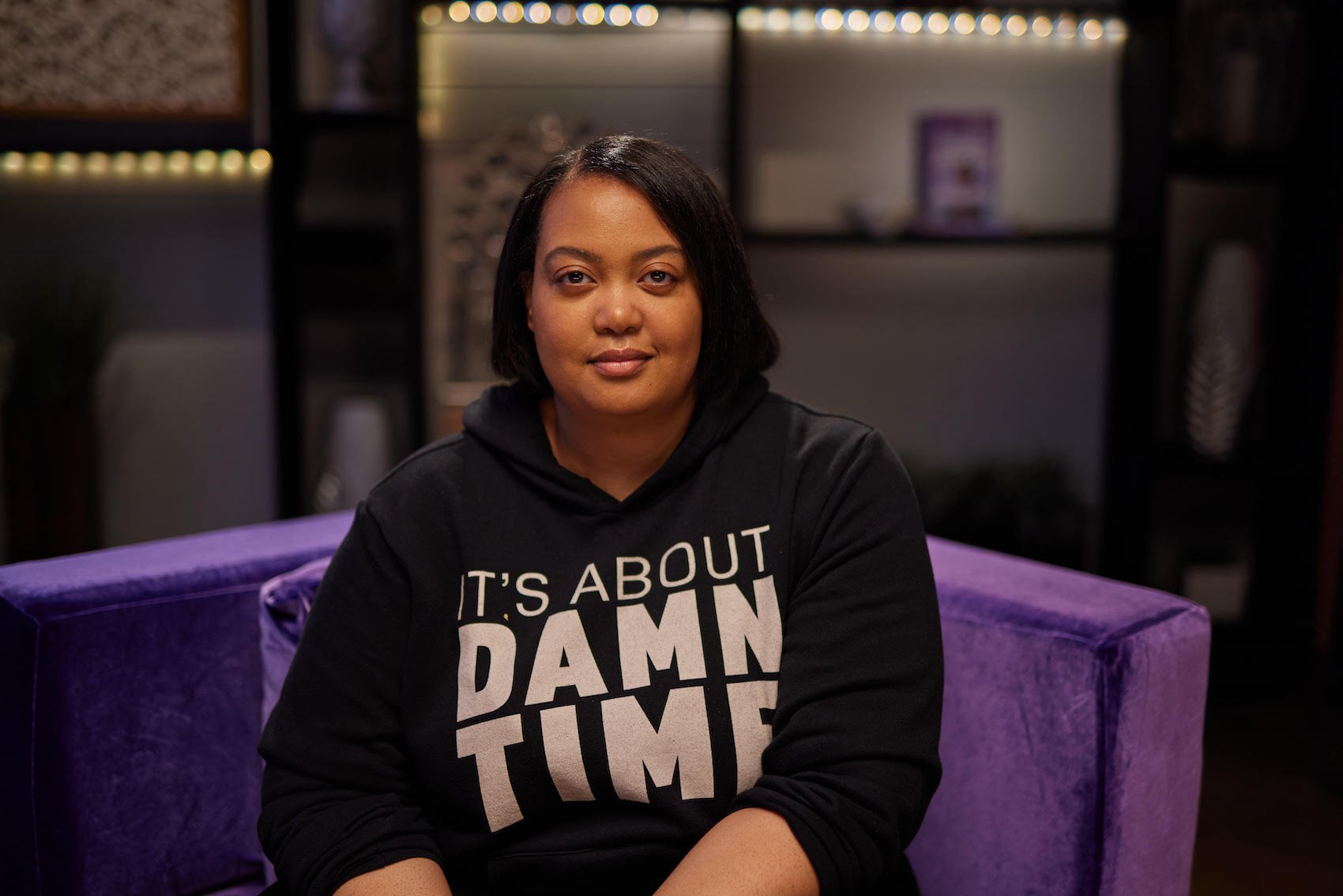The Entrepreneur Journey With Backstage Capital Founder and Managing Partner Arlan Hamilton
In this episode of Redefining Work, I’m thrilled to speak with Backstage Capital Managing Partner and founder Arlan Hamilton. Backstage Capital is a seed investment fund that backs overachieving, underrepresented startup founders. In this conversation, Arlan and I discuss the current state of HR and people operations, how she’s building a company in this important space and why you don’t necessarily have to quit your job to build a startup. We’ll also talk about her other projects, including the podcast Your First Million and her book “It's About Damn Time.”
You can also listen/share the episode directly syndicated on any of these channels: Apple Podcasts | Spotify | Google Podcasts | Stitcher |
The State of Work Tech From the Investor View
As an investor and founder of the work-technology company Hire Runner, Arlan wants to see more flexibility in the way we think about employment and career paths.
For example, the recent wave of tech layoffs leaves many people without a Plan B or another opportunity lined up. Arlan believes work tech can help people get to their next role faster.
She uses the analogy of professional athletes getting traded — they switch teams, but their employment in uninterrupted. “And I thought, what if that was what employment in the tech world was like?” Arlan says. “Where yes, you got laid off. And yes, that can be traumatic for people, but what if it were made less traumatic?”
These layoffs will also cause many tech employees to rethink their career trajectory, Arlan predicts. “How can I be a CEO of one, of my own career and my own development? Because I can't count on even the FAANG or larger companies, that were always viewed as stable, to have my back for years and years and years.”
How Hire Runner “Takes LinkedIn Just a Step Further”
Back in September 2021, Arlan started Hire Runner, also called Runner, to help operations talent find new opportunities, as they are typically overlooked during layoffs. For about 15 months, the company helped qualified-yet-overlooked talent.
Now, the company has automated many of its features so it can help professionals across industries.
“We've made it this tool that'll help you find who you're looking for, when you're looking for them, and connect with them,” Arlan says. “It takes LinkedIn just a step further. I think it's a much more curated list, and it also keeps in mind the types of companies that the person wants to work for.”
Employees using this service are in control, telling employers what they’re looking to do — and what they’re willing to do. “Now they get to say ‘What drives me?’ ‘What kind of people do I wanna be around and led by?’ ‘Who do I want to lead?’” Arlan says.
Arlan also wants to give people multiple paths, not just the traditional route of one full-time job. “They have a gig, maybe they have two or three, which Hire Runner makes possible, and helps you find fractional work in addition to direct hires,” she says. “So, you work for two or three different companies; you love what you do, but you turn it off at night. It's not your identity.”
Advice for First-Time Founders
What makes a successful founder? Often, these people “find a direct correlation to what they're doing based on some experience they had or something that they're trying to solve for someone that they care about,” Arlan says.
Just as there are multiple ways to build a career, you don’t have to risk it all on your startup.
“It doesn't make you less of an entrepreneur to have a day job. It's OK to have that,” Arlan says. “In fact, it makes you really savvy and strategic to do that. And then, along the way, you will decide, you'll see that there is a time.”
There’s no one path to success, but the key is making sure you find the passion, time and energy to create, even if you’re still holding down another job.
“I would stay in that gig. I’d make sure I have health insurance, and make sure that I pay the rent,” Arlan says. “But I would think of that company as if they're my first friends and family investor, because on the weekends or at night or whenever I'm not working, I'm gonna be ideating.”
People in This Episode
Arlan Hamilton: LinkedIn, Facebook, Twitter, Instagram, Book: “It's About Damn Time,” Your First Million podcast


